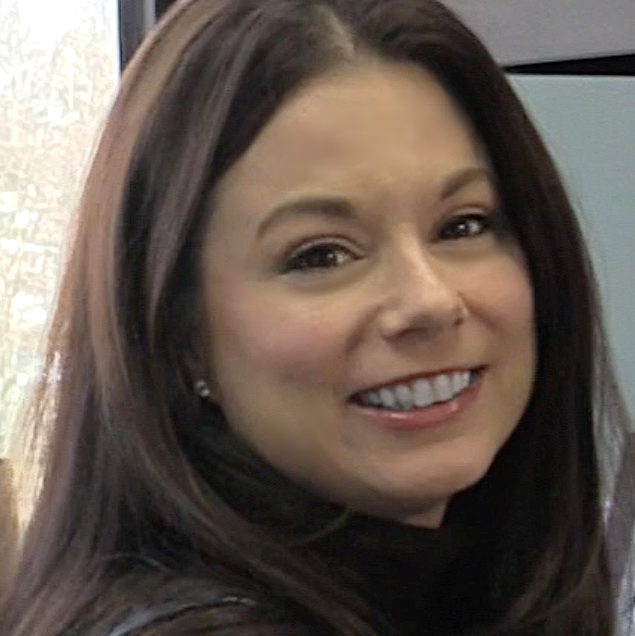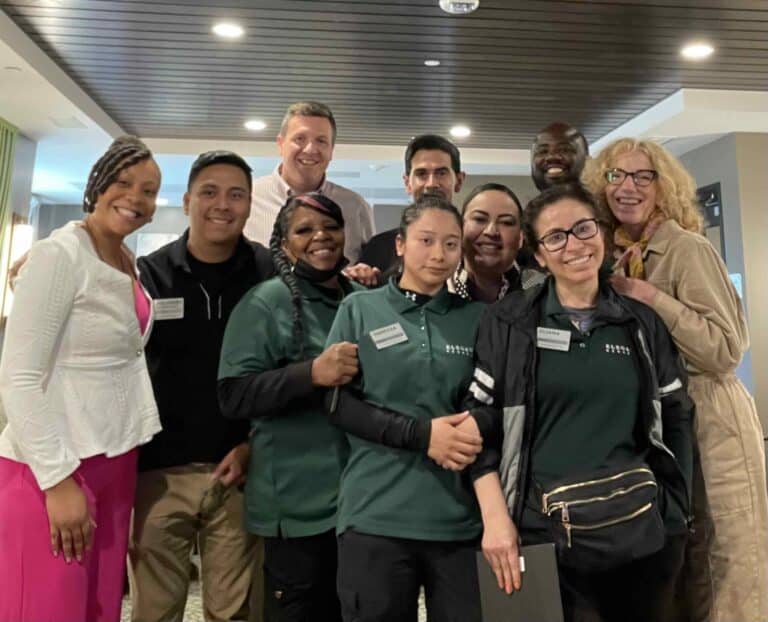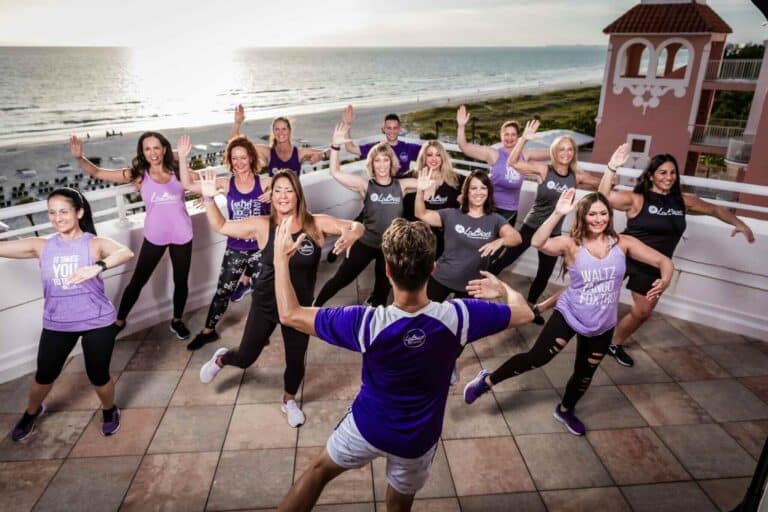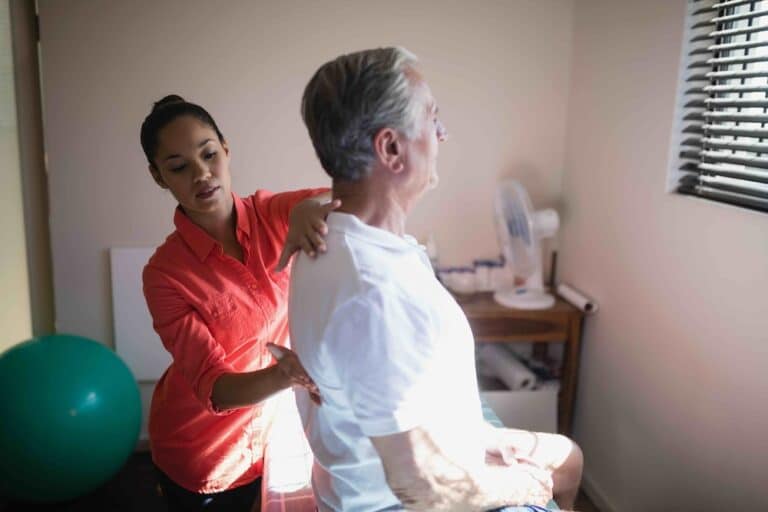We recently sat down with Aimee Ricca, America’s Favorite Nutrition Instructor, to chat about figure skating, nutrition, and learn about her background. Check out some highlights from the interview below to learn more about Aimee and how you can connect with her.
Q: I see you talk about living your best life. Explain that philosophy and talk about that a little bit, if you could.
The reason I got into nutrition is that I’m primarily a figure skating instructor. I decided to become a personal trainer and nutrition coach because so many families have no idea what they’re doing when it comes to food. I watched what some of these kids ate and realized that their parents didn’t even know how to eat well.
You can’t really live your best life if you’re not eating well and if you’re not moving around. People make a lot of excuses why they can’t eat better–they’re great at that. They might say that they don’t have time, they’re too busy, they don’t feel good, etc. But if you take care of fitness and nutrition, you find more time, you find more ways to do things, and you’re hopefully not in pain all the time. If you’re feeding your body with the right nutrition, that doesn’t include gummy bears before figure skating practice or Wendy’s afterward, which happens.
Q: When was the first time that you remember thinking about nutrition or thinking about food?
As a kid, my parents were big on healthy eating, so that’s obviously helpful. We didn’t know as much as we know now about nutrition, as a general population back in the 70s and 80s. I think we knew that things like McDonald’s were not healthy, but we didn’t know just how bad they were.
I would be lying if I said I never ate that stuff because I did. A lot of my worst nutrition habits have come out of primary school lunch. Sometimes I find that I crave a hot dog with mustard, with milk—which doesn’t even go together. But, that is what they feed you in school lunches.
I’ve had parents tell me it’s gotten better in school, but I don’t know that it has. It’s hard.
I do work with many kids as a figure skating coach. But I also work with my oldest skater, who is 61. I have a wide range of ages and they all do off-the-ice training so they at least listen to me when I talk about nutrition.
Q: Explain off-the-ice training?
Well, that’s strength and conditioning. Many people don’t understand that in order to be better at a sport, they actually have to train to play it. You have to train to skate just like you would with anything else. Basketball players are obviously in the gym. Baseball players, obviously in the gym. They have to train to play.
Figure skaters used to spend up to 10 hours on the ice back when I was a kid. We didn’t know then, just like with nutrition, as much as we do now about how to train for specific sports. Now, we understand that spending 10 hours on the ice is not a good idea. If you train every day, you’re much better off doing two to three, maybe 4 hours if you’re elite, but then you must spend another two to four hours doing the off-ice work like the stretching and cooldowns. Doing it all in the right way.
And that’s where it gets very confusing and difficult. I became certified because there are a lot of coaches out there who think off-ice training is easy but they have absolutely zero education in it at all. They only know what they did as a skater or what their coaches told them to do as a skater.
Likewise, there’s a problem with fitness trainers and certified trainers that do know how to train the general client population but they try to work with athletes. I’ve worked with trainers at gyms before, that gets assigned to me and don’t know how to train athletes and it has negatively impacted my performance.
I decided to figure this out because this wasn’t working. So, I decided to become certified to know how to help athletes; I primarily focus on figure skaters and hockey players now.
Q: At what point did you start incorporating nutrition into your skating coaching?
It was when I figured out that so many people had no clue what to eat or what to make for their families. Much of what I do, I do for free too since I know most people won’t want to pay for this type of coaching.
I just sit down and talk to them, going over simple things they can do. That’s where you have to start. Not everyone will change, or do what we talk about, but at least I was able to provide them with some information and discourage all the sugar.
We have to fuel ourselves with better nutrition so that we perform better.
Q: What would you recommend to parents who have kids in sports or other athletes? What kind of nutrition would you recommend for them before practice?
Usually, I suggest a combination of a carbohydrate and protein. And it can be dependent on what their situation is and if they can carry it with them. For instance, if they are just coming from school versus a mid-day practice. I recommend simple things like nuts, cheese, or fruit but hopefully, something that doesn’t weigh them down—definitely not a cupcake.
I try to get people to do is to pair it down to the whole foods and keep it as minimally processed as possible. That’s difficult for a lot of busy parents, but I try to help them figure out ways to do that with meal prep or what to buy in the store and then portion out at home.
Want to know more?
Burnalong congratulates Aimee Ricca on her exciting win of America’s Favorite Nutrition Instructor! If you would like to connect with Aimee on Twitter, Instagram, and YouTube.
We are so thankful for the amazing instructors and coaches who provide helpful information to empower people to nourish themselves, sustain energy, and pursue health through nutrition. For Burnalong members, we encourage you to check out Aimee’s great content and head over to take a nutrition class on Burnalong.






